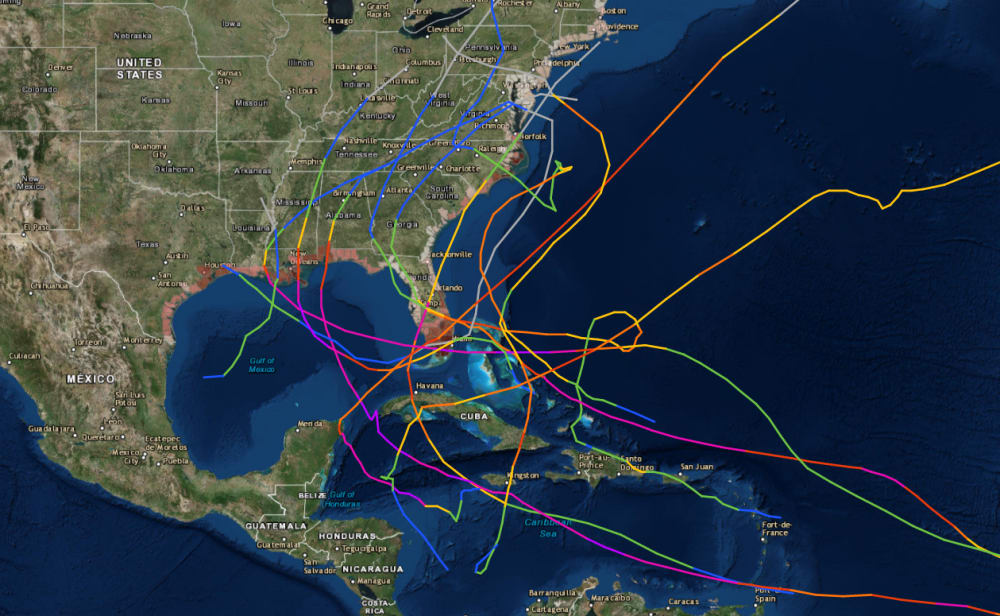Hurricanes remind me of home and growing up in South Florida. Thinking back on the many hurricanes over the years it hard to keep track of all of them. Naturally, I decided to explore these memories with the help of the available data.
Plotting My Hurricanes
The National Hurricane Center, which is part of NOAA, has a nice collection of data from most of the hurricanes over the last century. From the data, I plotted all the major storms that hit or missed Florida during the 18 years I lived there. The final product was visually intriguing and a the catalyst to a stream of memories that surfaced during the process. You see, hurricanes are a part of life in Florida and you won't likely meet a true Floridian who has not been affected by one.
2004
The hurricane seasons during 2004 and 2005 were particularly active. The first week of school was cancelled after hurricane Charley made landfall about 30 miles north of where I lived. We were without power for a week and many of the schools doubled as shelters. That was the only hurricane that ever scared me. Charley went from a Category 2 storm to a Category 4 in the span of a few hours and made a sharp turn towards the coast. The damage was bad and a few people perished but it was the element of surprise that made that much more salient of an experience. Houses can be restored; human life cannot.
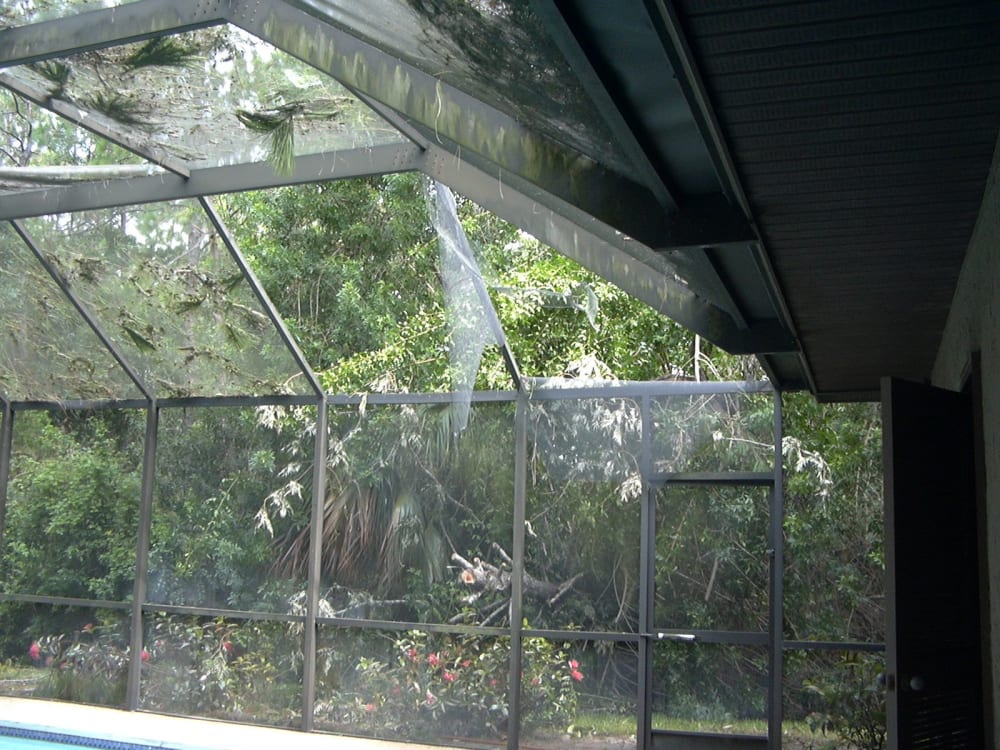



2005
Then there was the 2005 hurricane season. Three of the six most intense hurricanes ever recorded in the Atlantic. Everyone remembers Katrina. I remember Wilma. The most intense tropical cyclone ever recorded in the Atlantic Ocean and I was in the eye of the storm as it passed over us. That was something I will never forget.
Imagine 120+ mph winds snapping trees like toothpicks, ripping clay tiles off a roof like they were paper, and blowing rain drops so hard that it stings your face. Now try to imagine all of that suddenly coming to an abrupt stop and the sun coming out.
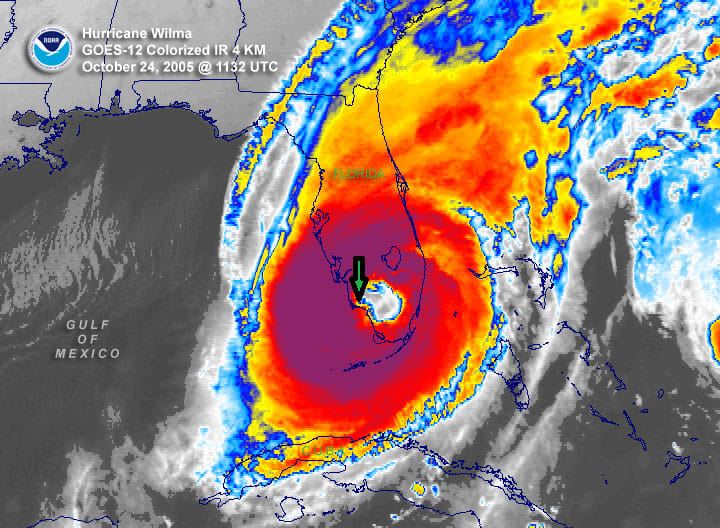
The Eye
The low barometric pressure only added to the surreal essence of the experience. I forget how long it lasted but I do remember looking up and seeing a massive band of dark clouds as my Mom yelled at me to “get the [expletive] back in the house!” For those reading this thinking I’m crazy for going outside at a time like that will be relieved when I say that those were the only few minutes I went outside that entire day. Then again, I’ve gone to the beach to surf the waves from a storm heading North in the Gulf (of Mexico). Come to think of it, that experience resulted in the longest amount of time, and only time really, that I was ever "grounded".
10 Years of Silence
I moved to New York in 2007 and up until this year Florida went without a direct hit from a major hurricane. That’s almost 10 years! And in that 10 years there have 2 major storms to hit NY/NJ, Irene and Sandy. Both storms had wind speeds of about half that what would be considered a major hurricane, they hit regions that were not prepared for such an event. Brownouts in Florida during an unusually cold spell in the winter months have happened due to heating systems (if people even have them) being old and inefficient.
Like I mentioned before, in Florida hurricanes are a part of life, and you don’t live there without accepting that. But no one that moves to New York City thinks to themselves “well I better make sure I get an apartment that can withstand a hurricane”. Or at least they didn’t before.
Storm Surge
You see, the wind and rain are only a part of the destruction that a hurricane brings. The meat and potatoes of damage results from the storm surge. That low pressure I mentioned earlier in the eye of the hurricane is the force behind this phenomenon. The low pressure in the eye of the storm causes the sea level to rise several feet or more. When the eye makes landfall, this seawater comes with it. This is devastating for coastal areas which often are only a few feet above sea level to begin with. For regions already below sea level it is catastrophic. Much like a tsunami in effect but created by different forces.
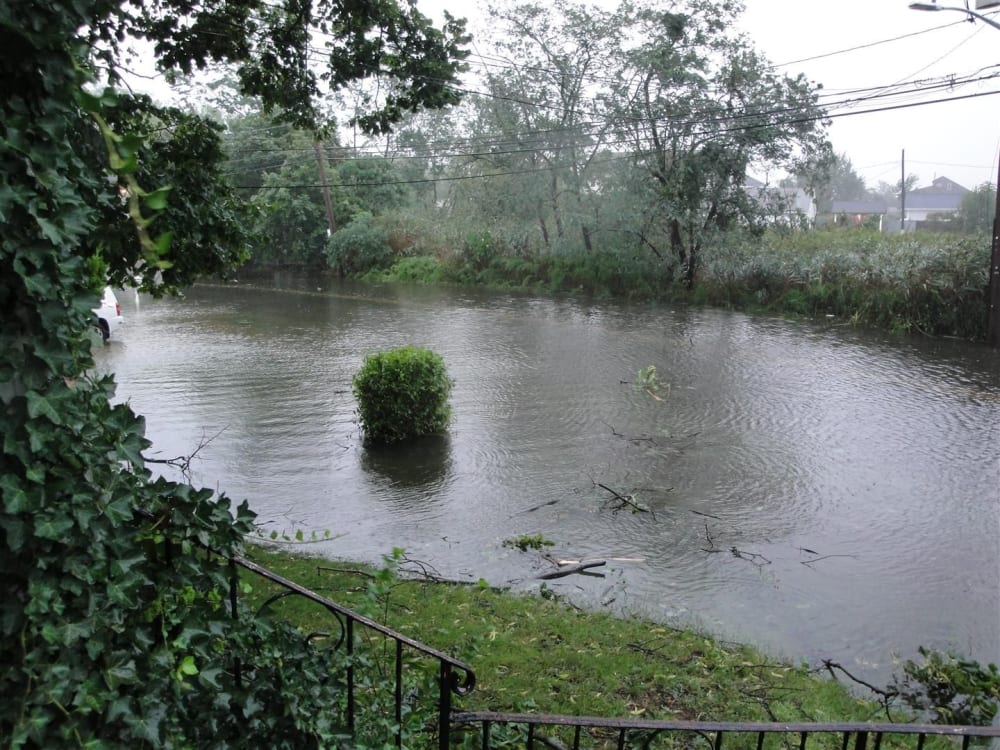
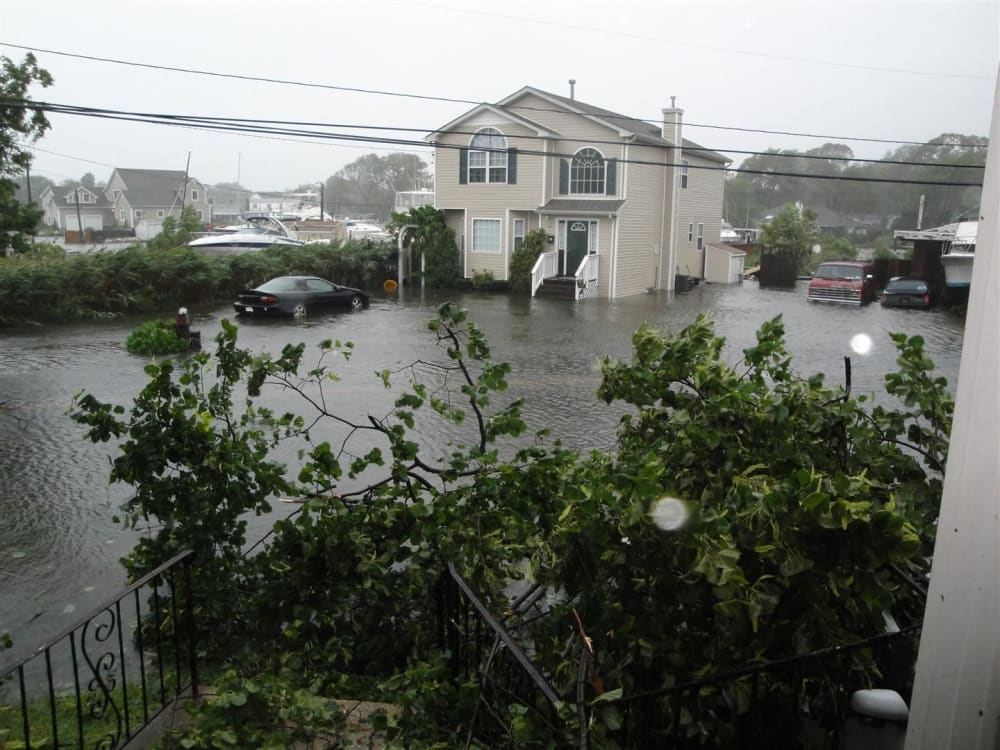
Mandatory Evacuations
A “mandatory evacuation” can be slightly misleading as no one is going door-to-door making sure no one is staying behind (in most cases). But it also means that no one will answer your call for help when things get bad. If you have nowhere to go, which in the US is hard to believe given the community response of opening shelters in this type of situation, at least, at the very least, move inland away from the coast if you are in a low-lying area.
Also, for goodness sake, don’t go rob the Best Buy once the Mandatory Evacuation is in effect because its already been done! And eventually they were caught.
The last thing we need during a hurricane making landfall is first responders out rescuing people that were specifically told not to stay there. Putting their lives in danger for foolishness. The same type of people are out driving in the 2 feet of snow who you later see a few blocks later being pulled out of an embankment by a fire truck.
Hurricane party? Please. Only in states where Law Enforcement puts a curfew into effect simply to curb drunk driving the night before a hurricane is this type of party recognized. When all the booze is paid for from putting up wood shutters over grateful residents’ windows, I can’t see why anyone wouldn’t have at least some inclination to celebrate.
Perspective
But just remember for next time as you are marking yourself safe on social media, there are countless people living in the Caribbean who get clobbered without any of the warnings, responses, a support that we have in the US. People die there because they don’t have internet or to so don’t realize what’s happening or they just have nowhere to go. So, you lost power? Imagine seeing your family swept out to sea, your town destroyed, and your house leveled. If you didn’t lose power or if you even had no drop in cell phone reception during Hurricane Matthew and you marked yourself “safe” or whatever it was on Facebook, you ought to go down to Haiti and get some perspective.

